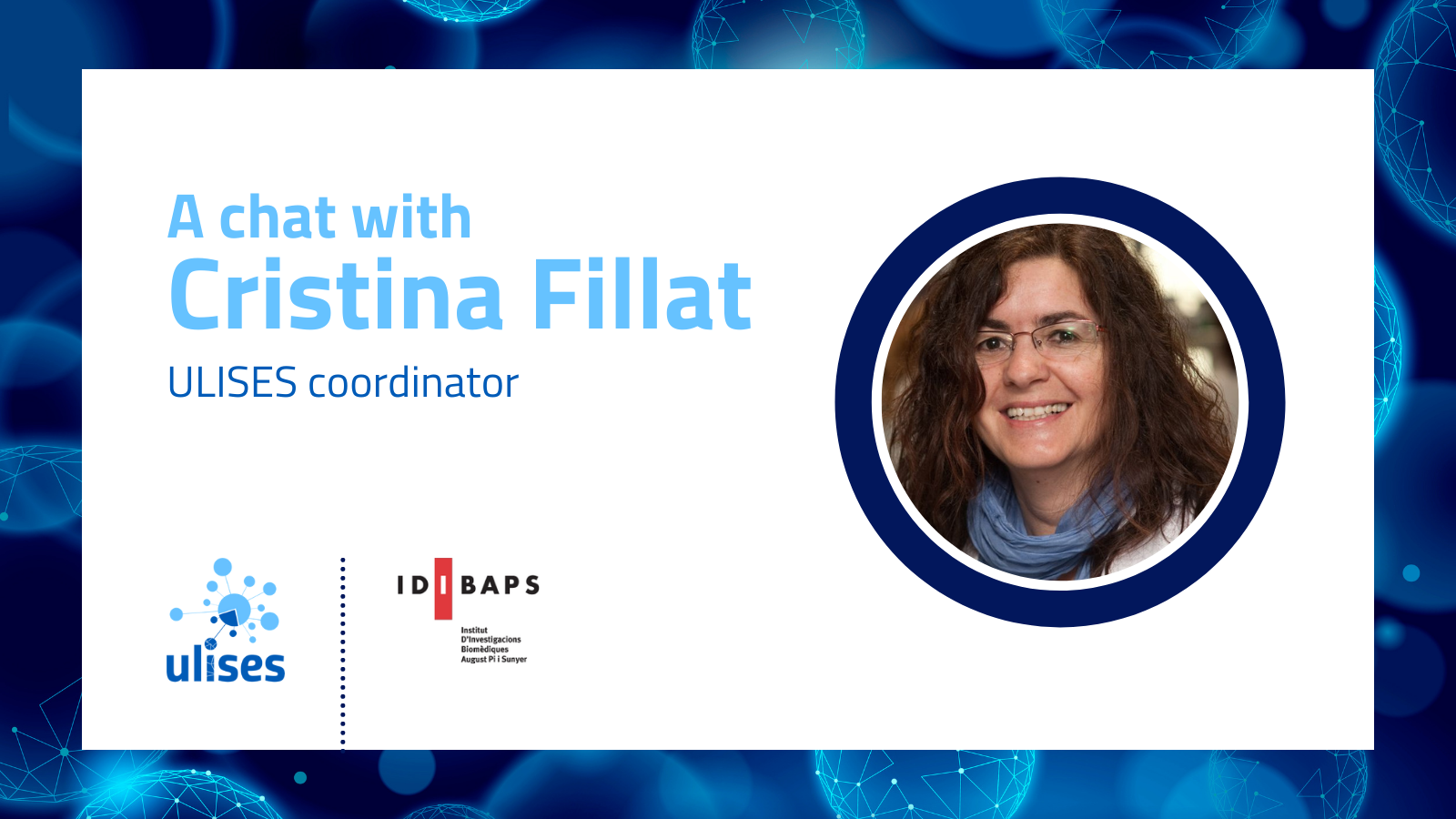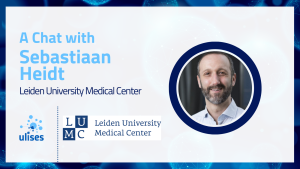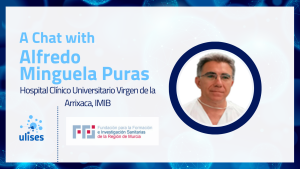Read the interview with Cristina Fillat in which she explains why the ULISES project can revolutionize biomedical research in the treatment of pancreatic cancer.
Cristina Fillat is a Catalan biomedicine scientist. She specialises in the study of pancreatic cancer and in the development of gene therapy strategies. Since October 2020, she has been the coordinator of the ULISES project.
She explains to us why the ULISES project can revolutionize biomedical research in the treatment of pancreatic cancer. According to World Health Organization, this type of cancer ranks among the ten most common cancers in the world, with the highest ratio between incidence and mortality
Why is pancreatic cancer at the basis of ULISES research?
Pancreatic cancer is devastating. Most people who get it will die and it is set to be the second leading cause of cancer deaths by 2030. It is notoriously resistant to chemotherapy, targeted therapies and even to available immunotherapies. Therefore novel therapies are urgently needed.
What are the main challenges facing biomedical research in cancer today? Unfortunately, the WHO numbers speak for themselves: cancer is still the second leading cause of death in the world and a definitive cure still seems far away.
Cancer is a complex disease. It embraces different diseases that share some properties with each other but are different according to the tissue or cell type of origin. Current knowledge tends to view cancer as a systemic disease, highly heterogeneous with genetic and environmental factors contributing to the pathology. Current challenges are to better understand the tumours, to develop early diagnosis and to improve therapeutics
What are the main goals that ULISES wants to achieve in the biomedical field?
Our main goal is to provide the preclinical proof of concept of a novel immunotherapeutic strategy against pancreatic cancer.
We have to demonstrate the reprogramming of the tumour cells, the effective engagement of the immune system, the targeted delivery of the therapy to the tumour and that it is safe. A big challenge…
Cristina, what does it mean to be the coordinator of a project that aims to revolutionizing the cancer treatment?
Research in cancer has evidenced that engaging the patient’s immune system against the tumour can cure cancer. This has happened only for a small fraction of patients as current immunotherapies are limited by the immunosuppressive microenvironment of the tumour. ULISES aims to find a way to reprogram the tumour to become an incompatible organ in the patient’s body.
It is a big responsibility to coordinate such an ambitious project. The project will be a success thanks to the expertise and the commitment of all the different researchers.




